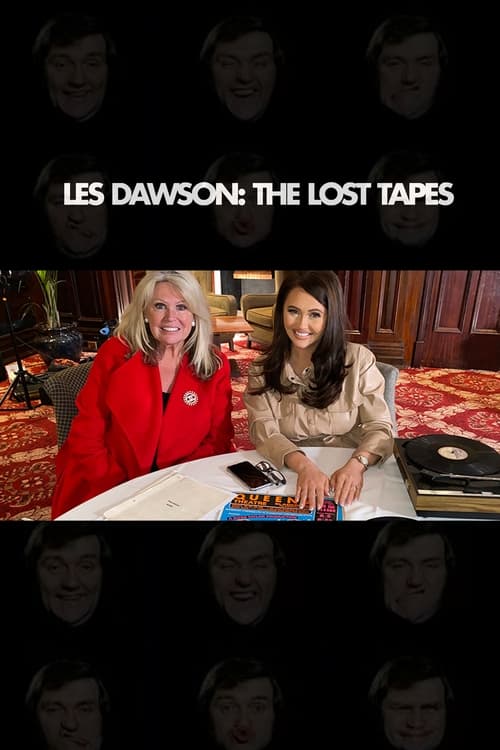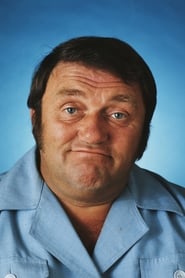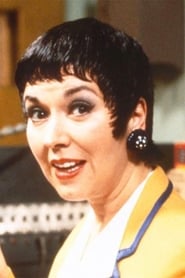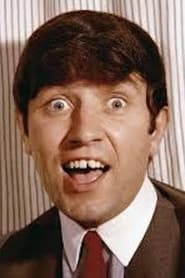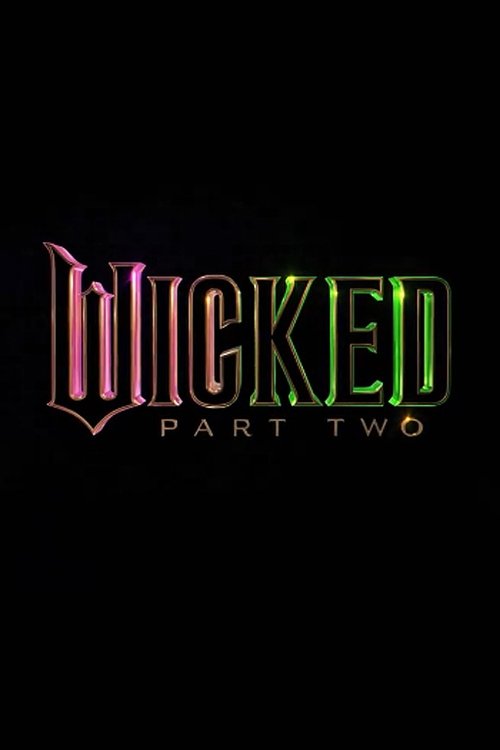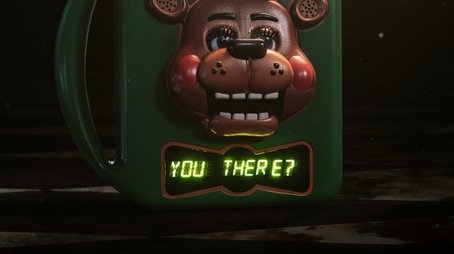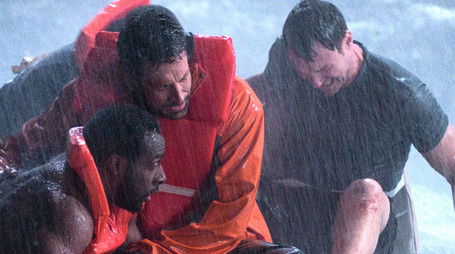
Ask Your Own Question
What is the plot?
What is the ending?
In the ending of "Les Dawson Lost Tapes," the film culminates in a poignant reflection on Les Dawson's life and career, showcasing the impact of his humor and the legacy he leaves behind. The final scenes reveal a blend of nostalgia and celebration, as friends and family come together to honor his memory, highlighting the joy he brought to many through his comedy.
As the film draws to a close, we see a montage of Les's most memorable performances interspersed with heartfelt testimonials from those who knew him best. The emotional weight of the ending emphasizes the themes of love, loss, and the enduring power of laughter.
Expanding on the ending, the final act begins with a somber yet celebratory gathering at a venue reminiscent of the stages Les once graced. The atmosphere is filled with a mix of laughter and tears as family members, friends, and fellow comedians share stories about Les. The camera pans across the room, capturing the faces of those who were touched by his humor, each reflecting a deep sense of loss but also gratitude for the joy he brought into their lives.
In one poignant scene, Les's daughter stands up to speak. Her voice trembles with emotion as she recounts her favorite memories of her father, illustrating his warmth and kindness behind the comedic persona. She shares a story about how he would often make her laugh even during tough times, revealing the man behind the jokes. The audience is visibly moved, some wiping away tears, while others chuckle at the fond memories she evokes.
Next, the film transitions to a series of clips showcasing Les's iconic performances. The screen fills with laughter as his classic routines play out, reminding viewers of his unique ability to connect with audiences. The juxtaposition of laughter and the somber gathering creates a bittersweet atmosphere, emphasizing the duality of life and the legacy of a beloved entertainer.
As the montage continues, we see Les's friends from the comedy circuit take the stage, each sharing their own anecdotes. They speak of the camaraderie they shared, the late-night conversations, and the support Les offered them throughout their careers. Their stories highlight not only his talent but also his generosity and mentorship, painting a picture of a man who was deeply respected and loved.
The final moments of the film focus on a large screen displaying a heartfelt message from Les himself, recorded years prior. In this touching farewell, he expresses his gratitude for the laughter and love he received throughout his life. He encourages everyone to cherish the moments they have with loved ones and to always find joy in the little things. The audience watches in silence, some smiling through their tears, as his words resonate deeply.
As the credits begin to roll, the camera lingers on the faces of those in attendance, capturing their emotional responses. The film closes with a final shot of Les's empty stage, a spotlight shining down, symbolizing the void left by his passing but also the enduring light of his legacy. Each character, from his family to his friends, is left with a sense of closure, united in their shared memories and the laughter that will continue to echo in their hearts.
Is there a post-credit scene?
In "Les Dawson Lost Tapes," there is indeed a post-credit scene that adds a charming touch to the film. After the credits roll, the screen fades back in to reveal a cozy, dimly lit room filled with memorabilia from Les Dawson's career. The camera pans slowly across various items, including old photographs, scripts, and awards, creating a nostalgic atmosphere.
As the camera settles on a vintage television set, it flickers to life, showing a brief, never-before-seen clip of Les performing one of his classic routines. His signature humor shines through as he delivers a witty monologue, filled with his characteristic self-deprecation and observational comedy. The audience can feel the warmth of his personality, and laughter echoes in the background, evoking a sense of fond remembrance.
The scene then transitions to a close-up of a handwritten note on a desk, where Les expresses his gratitude to his fans for their unwavering support throughout his career. The note is heartfelt, revealing his deep appreciation for the joy he brought to others and the love he received in return. This moment encapsulates the essence of Les Dawson, leaving viewers with a sense of closure and a smile, reminding them of the legacy he left behind.
What are the key moments that showcase Les Dawson's comedic style in the film?
The film features several key moments that highlight Les Dawson's unique comedic style, including his signature deadpan delivery and self-deprecating humor. One notable scene involves Les performing a stand-up routine at a local club, where he uses his experiences growing up in a working-class family to connect with the audience, eliciting both laughter and empathy. His ability to weave personal anecdotes into his comedy is a recurring theme throughout the film.
How does the film portray Les Dawson's relationship with his family?
The film delves into Les Dawson's complex relationship with his family, particularly focusing on his bond with his mother. Flashbacks reveal tender moments of support and encouragement, juxtaposed with the struggles of his father's disapproval of his career choice. This dynamic adds depth to Les's character, showcasing his internal conflict between pursuing his passion for comedy and seeking familial acceptance.
What role do the lost tapes play in the narrative of the film?
The lost tapes serve as a crucial narrative device in the film, acting as a catalyst for exploring Les Dawson's life and career. As the characters discover these tapes, they reveal never-before-seen performances and personal reflections from Les, allowing the audience to witness his evolution as a comedian. The tapes also spark conversations among his family and friends about his legacy, highlighting the impact he had on their lives.
How does the film depict Les Dawson's struggles with mental health?
The film sensitively portrays Les Dawson's struggles with mental health, particularly his battles with depression and anxiety. Through poignant scenes, viewers see Les grappling with the pressures of fame and the toll it takes on his well-being. These moments are depicted with raw honesty, showing his vulnerability and the coping mechanisms he employs, such as humor and creativity, to navigate his challenges.
What significant events from Les Dawson's early career are highlighted in the film?
The film highlights several significant events from Les Dawson's early career, including his breakthrough performance on television that catapulted him to fame. It captures the excitement and anxiety of his first major gig, showcasing the behind-the-scenes struggles he faced, such as dealing with stage fright and the pressure to succeed. Additionally, the film explores his early influences and the pivotal moments that shaped his comedic voice.
Is this family friendly?
"Les Dawson Lost Tapes," produced in 2021, is a documentary that explores the life and career of the beloved British comedian Les Dawson through previously unseen footage and interviews. While the film is largely a celebration of Dawson's humor and legacy, there are a few aspects that may be considered potentially objectionable or upsetting for children or sensitive viewers.
-
Dark Humor: Les Dawson was known for his use of dark and sometimes morbid humor, which may not be suitable for younger audiences or those who are sensitive to such themes.
-
Personal Struggles: The documentary touches on Dawson's personal challenges, including his struggles with mental health and the impact of his upbringing. These themes may be heavy for some viewers.
-
Family Dynamics: There are discussions about family relationships that may include tension or conflict, which could be upsetting for sensitive viewers.
-
Candid Reflections on Life: Dawson's reflections on life, loss, and the human condition may evoke strong emotions, which could be intense for younger viewers.
Overall, while the film is a tribute to Les Dawson's comedic genius, it does contain elements that may require parental guidance for younger audiences.

